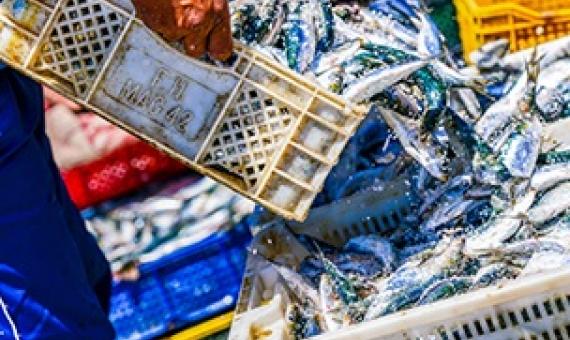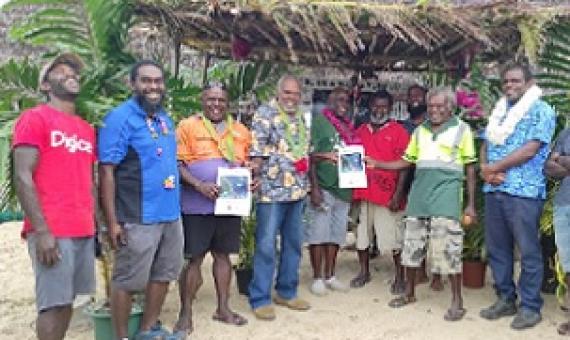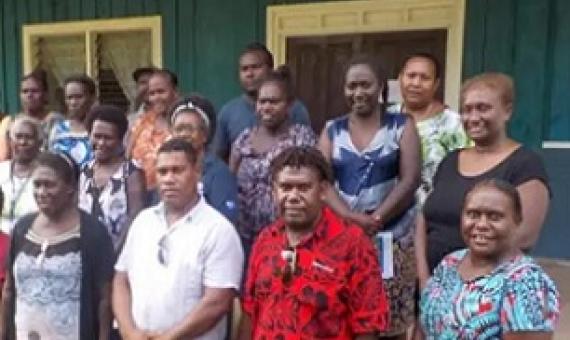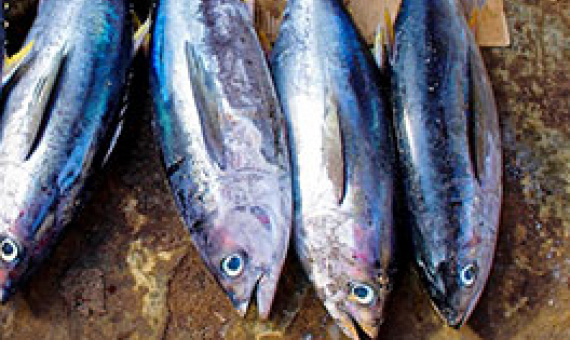The Vanuatu Department of Fisheries (VFD) hosted its 1-day Coastal Fisheries symposium on the 9th of December.
Estimating the number of fish in the sea is a wet, cold, and inexact business. To gauge how populations are faring—a critical part of managing fisheries—researchers typically drag a large net behind a ship, counting and measuring what they catch.
The collapse of negotiations to regulate and manage tuna stocks in the Eastern Pacific Ocean last week is cause for international concern.
The Scientific and Statistical Committee (SSC) of the Western Pacific Regional Fishery Management Council will set the acceptable biological catch for the American Samoa bottomfish fishery for fishing years 2021-2022.
A new tool has been released in order to provide an evidence-based diagnostic tool for analyzing how a country’s fisheries management system is performing.
With support from the Vanuatu Fisheries Department (VFD) Takara village, North Efate, launched an extension of its Community-Based Fisheries Management (CBFM) plan during a signing ceremony on Friday, October 23rd 2020.
WorldFish celebrated the International Day of Rural Women in Western Province by bringing together women’s leaders to discuss their role in fisheries.
Contribution of Marine Conservation Agreements to Biodiversity Protection, Fisheries Management and Sustainable Financing in Fiji
The Wildlife Conservation Society (WCS) has just finished a report on the "Contribution of Marine Conservation Agreements to Biodiversity Protection, Fisheries Management and Sustainable Financing in Fiji."The report documents the degree and scale to which Marine Conservation Agreements (MCAs) are being used in coastal waters in Fiji. The study focuses on partnerships involving local communities and the tourism sector.
The fishing and seafood industries are worth billions of dollars each year globally, and almost every country plays some role in the supply chain, from fishing and processing to buying and consumption.
Transparency in fisheries conservation and management measures
The adoption of effective fisheries conservation and management measures (‘CMM’) represents a critical stage in the process of sustainably managing global fishing stocks. It represents the point at which scientific data is integrated with law and policy considerations to generate concrete rules designed to constrain the behaviour of fishers and other stakeholders in order to promote desired conservation goals within a fishery. This paper will examine the fisheries CMM process within the broader framework of international law and policy for marine resource governance.

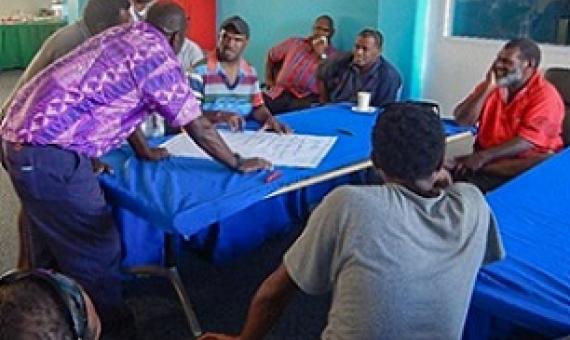
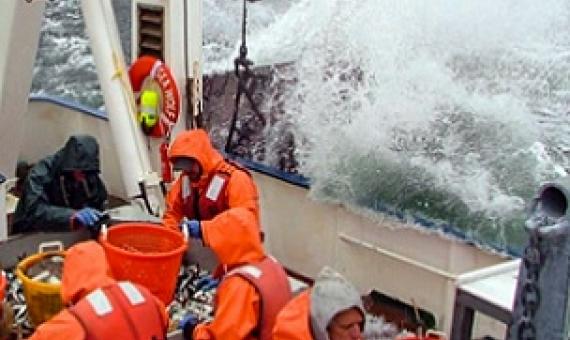
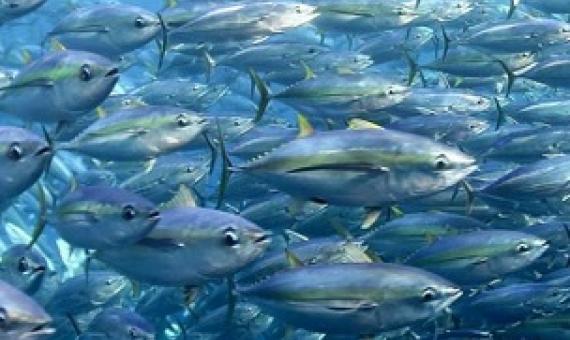
![The SSC will set the acceptable biological catch for the American Samoa bottomfish fishery for fishing years 2021-2022. [courtesy photo]](/sites/default/files/styles/news_teaser/public/BottomfishCATCH_AS.jpg?itok=8gv3f3zi)
